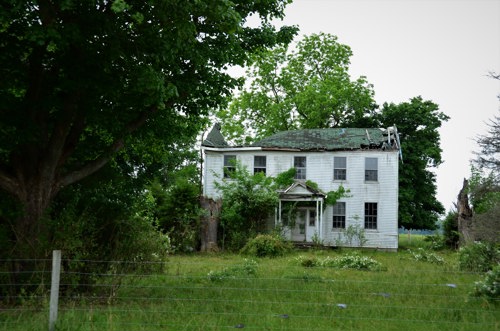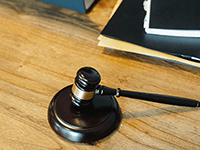
Unmortgageable properties can be a great investment. Often, they can help you buy a property at a reduced price. However, there are factors to consider before buying one.
In this blog, we’ll explore what makes a property unmortgageable and explain how a bridging loan can help you buy one.
What is an unmortgageable property?
It is a property that doesn't meet the standard requirements for mortgage approval from traditional lenders. This is often due to its condition.
They’re usually sold at a lower price due to their issues. This makes them a prime target for investors who may have the money to renovate them and turn a profit.
Usually, these properties will be sold at auctions. So, they are often targeted towards cash buyers.
However, they are not just available to people with the money to buy them upfront. In some cases, you can buy one with a bridging loan.
What makes a property unmortgageable?
There are several reasons why a property might not qualify for a mortgage. Often, these are because of issues that make the property risky or unattractive to lenders.
Common reasons include:
- Structural problems: Serious issues like dampness or unstable foundations can make a property unsuitable for a mortgage.
- Construction type: Certain types of construction, like thatched roofs or timber frames, may not meet lender standards.
- Location: Properties in areas prone to sinking, flooding, or environmental hazards may not be eligible for a mortgage.
- Non-habitable or unfinished properties: Properties that aren't in a liveable condition or need repairs may not qualify for a mortgage. This could include those without working kitchens or bathrooms.
- Energy efficiency: Lenders now consider a property's energy efficiency and those with low ratings may struggle to get a mortgage.
Why would you use a bridging loan to help you buy an unmortgageable property?
Bridging loans are short-term solutions designed to help with urgent financial needs. They offer a quicker approval process than standard mortgages, making them ideal for seizing time-sensitive opportunities.
Unmortgageable properties are often sold at auction. If you buy at auction, you'll need to pay a deposit on the day and settle the rest within 28 days. Otherwise, you risk losing both the deposit and the property. Since bridging loans can be arranged quickly, they're a good option for raising capital in such situations. So, they are commonly used for this purpose.
However, repaying the loan at the end of the term is vital. So, you must have an exit strategy in place, like selling the house or securing a longer-term mortgage on it. Without a clear plan, you will struggle to borrow from a lender.
Be mindful that bridging loans often have higher interest rates. Therefore, be sure to consider your options carefully before moving forward.
Summary
Unmortgageable properties are great options for investors or property flippers. However, they can come with risks. It's therefore crucial to know the property's issues before committing. If you're thinking of buying one and don’t have the funds, a bridging loan might be a suitable choice. However, make sure you have a solid plan to repay the loan beforehand.
Loans are secured against property. Think carefully before securing other debts against your home. Your home may be repossessed if you do not keep up repayments on a mortgage or any other debt secured on it.




